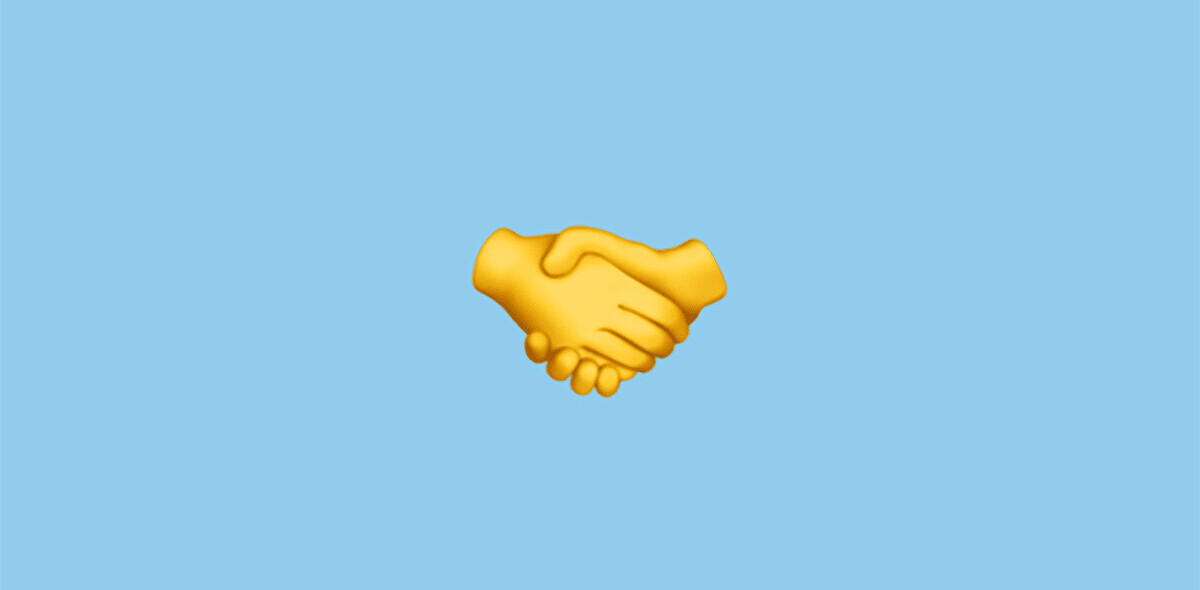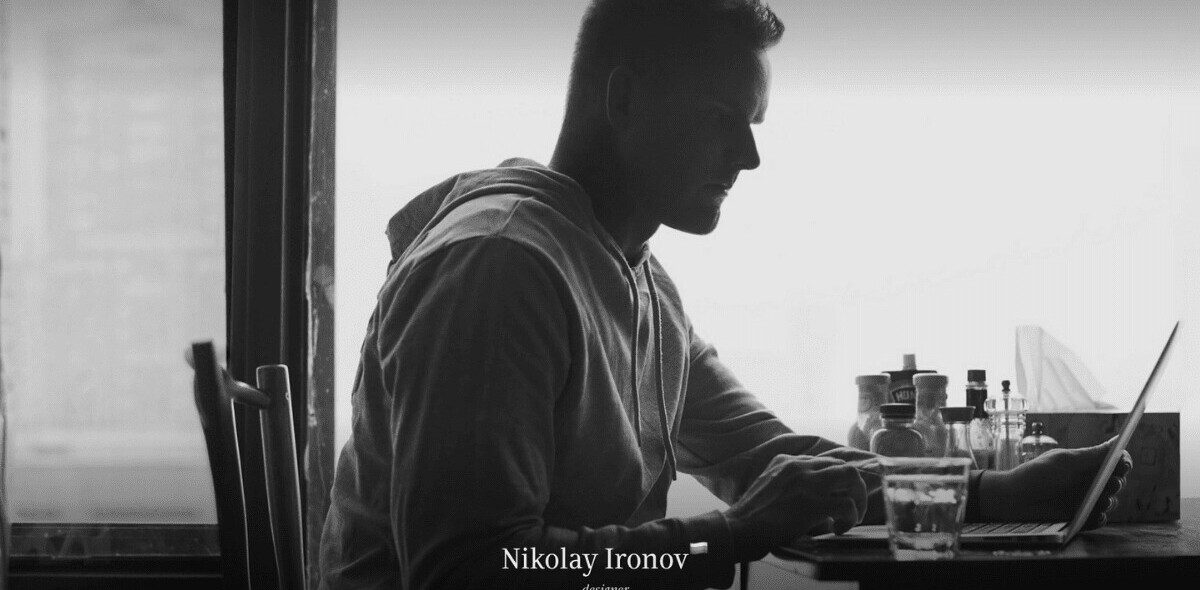
So, you want to get started in UX. Excellent. Welcome, we need all the talent we can get. But before you learn the ins and outs of the UX design process, how does a complete beginner get started? After all, UX is all things to all people and you’ll have to become an expert in human research, prototyping, visual design and front-end code, right? And those are just the hard skills.
You also need to master facilitation, balance collaborative work with your own creative vision, fall in love with your work but always be open to feedback, tease the key insights out of quiet people and get dominant personalities to (constructively) keep quiet. Plus, you’ll have to sell the benefits of UX to your organization and clients.
Gosh. Where to start?
1. Get frustrated
Maybe it infuriates you how your banking app makes you log in every time you open it, even if you just flicked over to an email to check the amount on a receipt. Perhaps you can’t understand why the milk and the cheese are at opposite ends of the supermarket when you expect them to be in the same fridge. Or maybe your Netflix session becomes stunted while your PlayStation completes an update you didn’t ask for.

2. You already work in UX, so get on with your job
If you work in products or services in any capacity at all then you are – or should be – already working to improve the experience of users and customers. You may not be a UX designer yet, but these roles can certainly be a good starting point to getting there. What insight does your role give you that others are not so exposed to?
If you work in support, you’re probably well aware of what many users’ recurring pain points are. If you’re an analyst, you’ll understand what’s consistently challenging. And if you’re in sales, you’ll know how to identify what gets people excited.
Capture your unique insights and find a designer or product lead to share them with and I guarantee they’ll thank you. Follow up on this, and build on that relationship. This will let you test the realities of UX work and could be the first step that leads to further UX training and potentially an internal role transition. Even more importantly it will give you something tangible to talk about when you start interviewing as a freelance or junior UX designer.
3. Focus
UX is a vast discipline, and a great deal has been written about it by both experts and amateurs. Amid this sea of material the difficulty for beginners can be knowing what to focus on that will actually aid the learning process. It can be easy to get lost in everything that stumbles into your Twitter feed.

On the plus side, one of the joys of working in UX is the sheer abundance of excellent research materials and tools available to you. There’s a huge buzz around UX design right now so take advantage of what’s out there both online and in print. Three books that are essential to beginners and will endure well beyond the first read are:
- The Design of Everyday Things by Don Norman will change what you think design is;
- Lean UX by Jeff Gothelf is a manual for a modern, real-world design process; and
- Just Enough Research by Erika Hall is packed with practical advice on how to learn what users need and why.
Starting with these books will provide you with a wider context and framework for UX, information that will prove invaluable when you’re identifying areas which you’d like to learn more about. Keeping your focus is essential at this stage because you’ll find there’s a nonstop stream of conference videos, blog posts and podcasts from industry leaders just a click away and it can be rather overwhelming for someone new to the field.
4. Get formal
Doing a UX course will provide structure and focus to your endeavours. The busier your life is, the more useful a structured course will be.
The ability to use all of your time doing (rather than consuming) will allow you to see a personal project right through the user-centered design process and provide material for your portfolio and potential interviews. This is essential because every UX interview is going to focus predominantly on what you’ve worked on and your practical experience in the field.

I took both of these courses when I was already working in UX yet I still routinely draw on the lessons, materials and techniques that I learned.
5. Stop reading this blog
If you know that you want to work in UX and you need a complete guide to launching your career you cannot do better than “Get Started in UX” from UX Mastery. For the price of a pizza this brilliant e-book covers everything you need to know in a simple six-step process.
For more detail, check out CareerFoundry’s blog post, The UX Design Process, which describes each stage of what a UX designer does when working on a project, and gives you exercises you can try out at home.
UX is a fascinating, exciting, frustrating, diverse umbrella and it can be hard to put a finger on exactly what it is. I say, who cares – find the areas that fascinate and excite you, focus on both learning and doing them, and repeat. You may end up as a UX designer.
If not, you’re sure to have picked up skills that will serve you well whatever your job title is… and I guarantee you’ll have had some fun along the way.
Read next: 5 dangerous UX myths debunked
Get the TNW newsletter
Get the most important tech news in your inbox each week.





